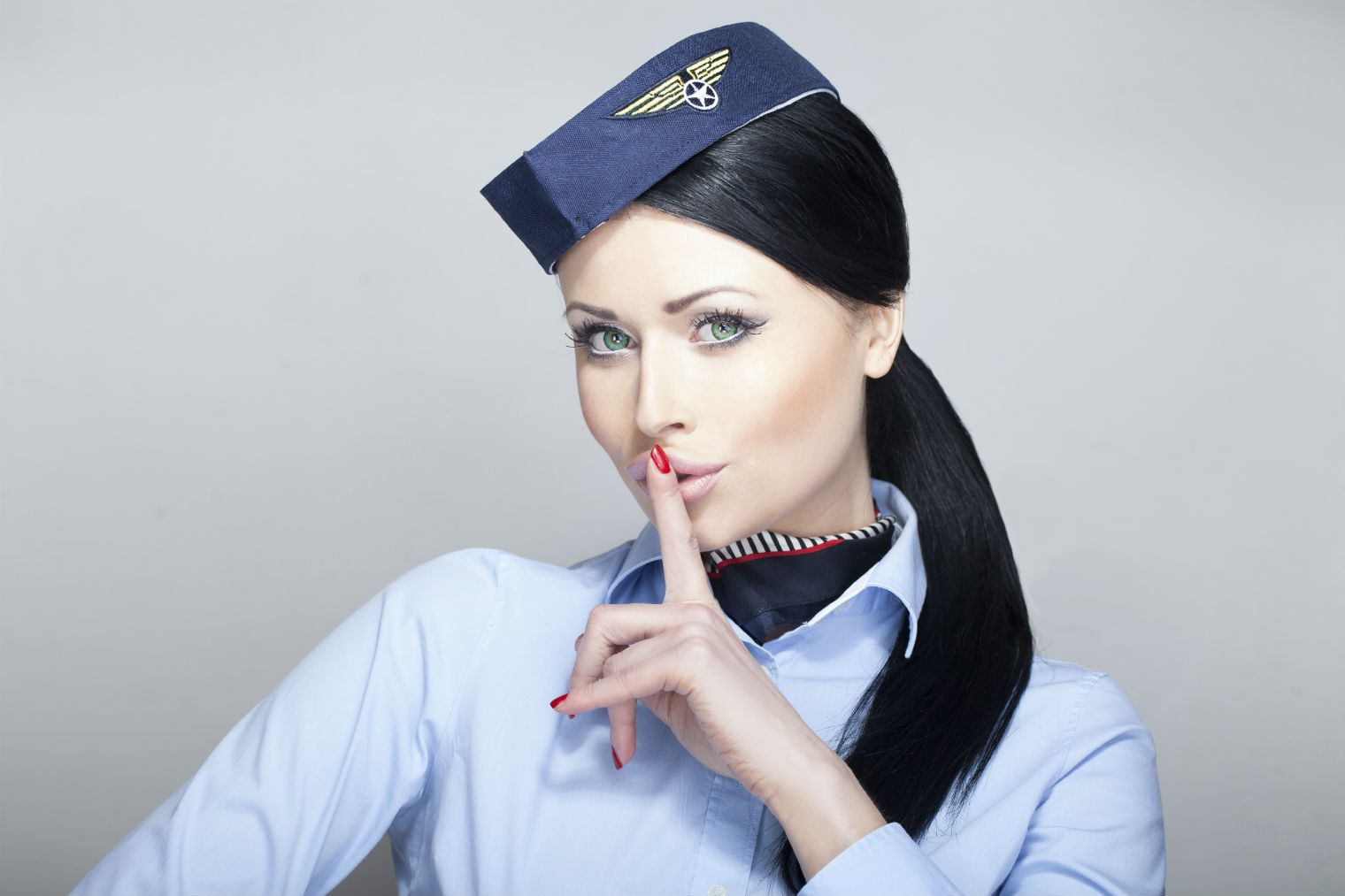From The New York Times: Tips for Flying Stress Free
Picking the Best Seat
Having a seat assignment is critical to ensuring you will fly when you are expecting to. Passengers without a seat assignment are the first to be bumped.
While booking online, airlines will show plane maps with available seats. Unless you have frequent flier status with an airline, you will likely have to pay to choose economy seats:
– Toward the front of the plane, which means you deplane sooner
– Bulk head seats, which are the front row in economy and usually offer more legroom
– Exit rows, which have extra legroom
“Think of it like a sports event or theater,” says George Hobica, founder of Airfare Watchdog. “Better seats cost more.”
Tip: Consult SeatGuru.com, which shows plane configurations and identifies seats that are more desirable and least desirable (i.e., near the bathrooms).
Evaluating Your Route
Always include secondary airports in your route search. New York has LaGuardia and Kennedy airports, of course, but those in Newark and Westchester are also accessible. Washington D.C. has two airports plus Baltimore in proximate distance.
Consider the pros and cons of secondary airports:
PROS: Smaller airports mean closer gates, shorter security lines and better parking.
CONS: They have limited flights and some lack expedited PreCheck security lines.
When suggesting routes, airlines program in connection times that allow fliers to arrive in time at the connecting airport. But delays can foul the plan, and missed connections means rebooking. That’s easier for frequent fliers, who jump up in line on the priority list of those the airline serves first. Others may want to consider longer connection times.
“Airlines like short connections and people like to book the shortest trips possible, but I like longer connections for infrequent travelers,” said Mr. Leff. “I like to assume I might have a 30-to-45-minute delay on the first flight. Since you still want to make that connection, I like 90-minute connections for infrequent flyers.”
Getting, and Using, Airline Miles
Accruing and using frequent flier miles can be a science. Brian Kelly, also known as the Points Guy, offers a guide to flight mile evaluations on his blog. Most fall between .02 cents and .01 cents per mile. Using the average of .015 cents per mile will help you calculate whether the mileage being charged is commensurate to paying cash. See this example.
Will airline-affiliated credit cards provide any perks?
Yes. Most airline-linked credit cards guarantee a free checked bag for you and your traveling companion, assuming you used that credit card to pay for the booking. It also allows you to board earlier, allowing earlier access to overhead bin space and increasing the likelihood that you won’t have to check a bag. Most of these cards carry a $95 annual fee, which consumers can earn back in a flight or two.
“They can make sense if the perks outweigh the annual fee,” said Mr. Kelly. He prefers other cards for amassing and spending points but keeps his airline cards for the bag perks. “The early boarding can make the average experience, which is dismal, a little better.”
Plan ahead to ensure airport security is quick and painless
Depending on how frequently you fly, applying for T.S.A. PreCheck can be the cheapest way to avoid aggravation at the airport. The process involves an online application, an in-person interview, fingerprinting and an $85 fee. Once an applicant is cleared, PreCheck status is good for five years and provides access to special security lanes that do not require removing laptops, toiletries, light jackets and most shoes.
The Platinum Card, among others, can get you in a lot of lounges and will reimburse you for incidental airline charges.
In March, the agency said 93 percent of travelers with the status waited less than five minutes to clear security.
“Not only are the lines faster and shorter, but you don’t have to remove things from your bag,” said Mr. Hobica. “That lessens the chance of leaving something behind or having it stolen. It’s much more secure.”
Tip: Several credit card companies cover the PreCheck application fee when you open a new account.
One other tip is to fly Business Class to Europe, and Premium Economy when you return.
For those who travel internationally, Global Entry, a program from the United States Customs and Border Protection agency, expedites reentry into the United States. The fee for the five-year term is $100 and automatically confers PreCheck status on accepted applicants.
Read more travel industry news on our blog.
Write to: info@cooktravel.net

 Save up to 60% on Business Class. Call 1-800-435-8776
Save up to 60% on Business Class. Call 1-800-435-8776

Leave A Comment